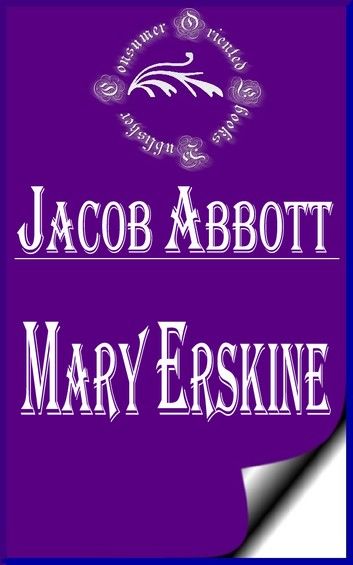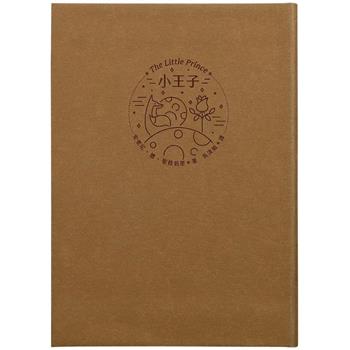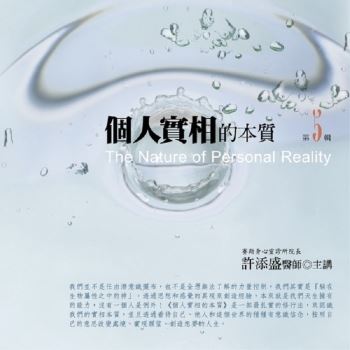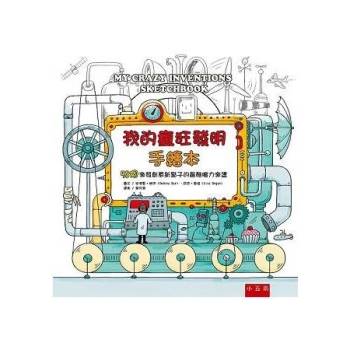| FindBook |
有 1 項符合
Mary Erskine (Illustrated)的圖書 |
 |
Mary Erskine (Illustrated) 作者:Jacob Abbott 出版社:Consumer Oriented Ebooks Publisher 出版日期:2015-03-18 語言:英文 |
| 圖書館借閱 |
| 國家圖書館 | 全國圖書書目資訊網 | 國立公共資訊圖書館 | 電子書服務平台 | MetaCat 跨館整合查詢 |
| 臺北市立圖書館 | 新北市立圖書館 | 基隆市公共圖書館 | 桃園市立圖書館 | 新竹縣公共圖書館 |
| 苗栗縣立圖書館 | 臺中市立圖書館 | 彰化縣公共圖書館 | 南投縣文化局 | 雲林縣公共圖書館 |
| 嘉義縣圖書館 | 臺南市立圖書館 | 高雄市立圖書館 | 屏東縣公共圖書館 | 宜蘭縣公共圖書館 |
| 花蓮縣文化局 | 臺東縣文化處 |
|
|
The development of the moral sentiments in the human heart, in early life,--and every thing in fact which relates to the formation of character,--is determined in a far greater degree by sympathy, and by the influence of example, than by formal precepts and didactic instruction. If a boy hears his father speaking kindly to a robin in the spring,--welcoming its coming and offering it food,--there arises at once in his own mind, a feeling of kindness toward the bird, and toward all the animal creation, which is produced by a sort of sympathetic action, a power somewhat similar to what in physical philosophy is called induction. On the other hand, if the father, instead of feeding the bird, goes eagerly for a gun, in order that he may shoot it, the boy will sympathize in that desire, and growing up under such an influence, there will be gradually formed within him, through the mysterious tendency of the youthful heart to vibrate in unison with hearts that are near, a disposition to kill and destroy all helpless beings that come within his power. There is no need of any formal instruction in either case. Of a thousand children brought up under the former of the above-described influences, nearly every one, when he sees a bird, will wish to go and get crumbs to feed it, while in the latter case, nearly every one will just as certainly look for a stone. Thus the growing up in the right atmosphere, rather than the receiving of the right instruction, is the condition which it is most important to secure, in plans for forming the characters of children.
It is in accordance with this philosophy that these stories, though written mainly with a view to their moral influence on the hearts and dispositions of the readers, contain very little formal exhortation and instruction. They present quiet and peaceful pictures of happy domestic life, portraying generally such conduct, and expressing such sentiments and feelings, as it is desirable to exhibit and express in the presence of children.
The books, however, will be found, perhaps, after all, to be useful mainly in entertaining and amusing the youthful readers who may peruse them, as the writing of them has been the amusement and recreation of the author in the intervals of more serious pursuits.
|











